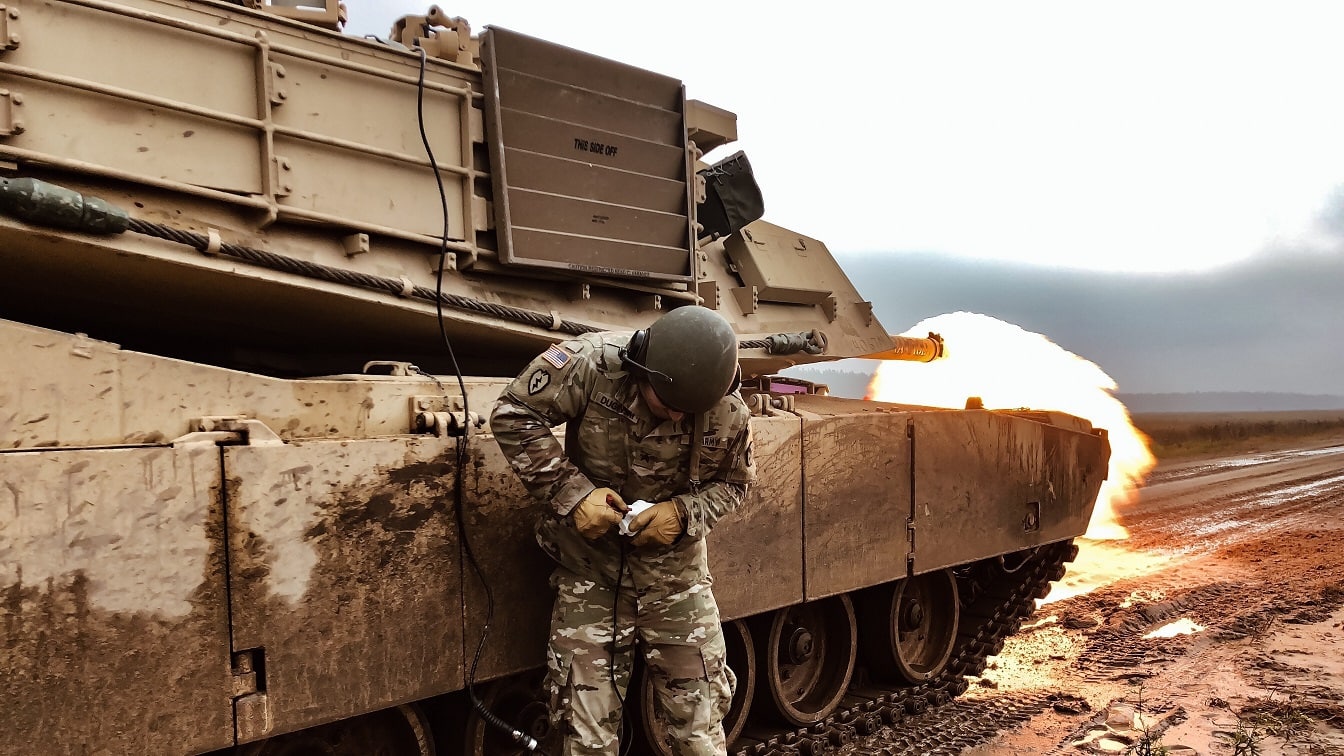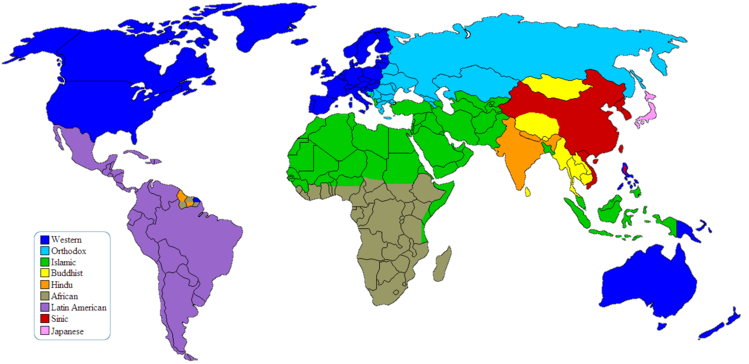 I do think there was a theory for the war, but the neocons did not elaborate it well and it did not convince the public. Hence the emphasis on WMD instead. As Wolfowitz noted, a lot of people in the Bush 2 White House wanted to depose Saddam, and post-9/11 WMD was a rationale they could all agree on. But neocons like Krauthammer, Wolfowitz, Kristol, and the rest did have an intellectual framework for the war, even if it turned out all wrong.
I do think there was a theory for the war, but the neocons did not elaborate it well and it did not convince the public. Hence the emphasis on WMD instead. As Wolfowitz noted, a lot of people in the Bush 2 White House wanted to depose Saddam, and post-9/11 WMD was a rationale they could all agree on. But neocons like Krauthammer, Wolfowitz, Kristol, and the rest did have an intellectual framework for the war, even if it turned out all wrong.
Here are my thoughts on the tenth anniversary of the war (one, two, three). And here is a response from back then by my friend Tom Nichols.
I think these comments hold up pretty well ten years on – particularly my effort to sketch a neocon logic for the war (post two). I think that is valuable, even now, because it became fashionable to describe the war as foolish American hubris after it all went bad. Then it seemed ‘complementary’ to suggest that neocons had some kind of framework rather than just being ‘cowboy unilateralists.’
I also remain genuinely embarrassed that I supported the war for so long, which I say in post one. I defended it until 2009 or so. I had students tell me, both in the US and in Korea, that I was the only professor they had who defended the war. Yikes. This was probably my worst professional judgment in my 25 years in political science.
Two things more I would add looking back:
1. Iraq has become an all-purpose excuse for every dictator in the world to declaim American imperialism. This is an important reason to never do anything like this again. American power in the world is not just its material weight, but its soft power too. Others don’t balance US power, in part because they trust us to be more liberal and responsible than China or Russia. But the neocons never thought the ‘unipolar moment’ would recede, never had a lengthy shadow of the future in their planning, never thought the war would catch up with us.
2. Restrainers need to move on from Iraq. I support restraint too. I think we should slowly disengage from the Gulf. I don’t mind if South Korea or Japan build nuclear weapons, because they should be managing their own defense more. And I think the European pillar of NATO needs to get its act together. But too much of the restraint school sees every conflict since Iraq as a re-run of Bush-era hegemony-seeking. Iraq sent a lot of otherwise interesting analysts off the rails – Chalmers Johnson, Glenn Greenwald, the Quincy Institute.. Restrainers need to have more foreign policy wisdom than just saying the US should do less, that intervention is a perpetual slide toward another Iraq. You really see this in a lot of the terrible ‘restraint’ commentary on Ukraine, which would essentially sacrifice the country to Putin as some of kind latter-day US penance for Iraq. What restrainers really need is a theory of when they would tolerate US intervention and how much

 I am fairly exhausted that this framework gets brought back to life every few years. Yes, it has an exciting historical sweep, but it is conceptually a mess and empirically doesn’t really work very well.
I am fairly exhausted that this framework gets brought back to life every few years. Yes, it has an exciting historical sweep, but it is conceptually a mess and empirically doesn’t really work very well. Everyone seems to have a take on Mearsheimer and Ukraine, so here’s mine: Mearsheimer’s offensive realism predicts Russian’s desire to dominate its borderlands, but ALSO a NATO effort thwart that via expansion. So its awkward that he blames NATO, because playing international politics toughly is what his offensive realist theory would predict NATO to do.
Everyone seems to have a take on Mearsheimer and Ukraine, so here’s mine: Mearsheimer’s offensive realism predicts Russian’s desire to dominate its borderlands, but ALSO a NATO effort thwart that via expansion. So its awkward that he blames NATO, because playing international politics toughly is what his offensive realist theory would predict NATO to do. This is a re-post of an essay I just wrote for
This is a re-post of an essay I just wrote for 




